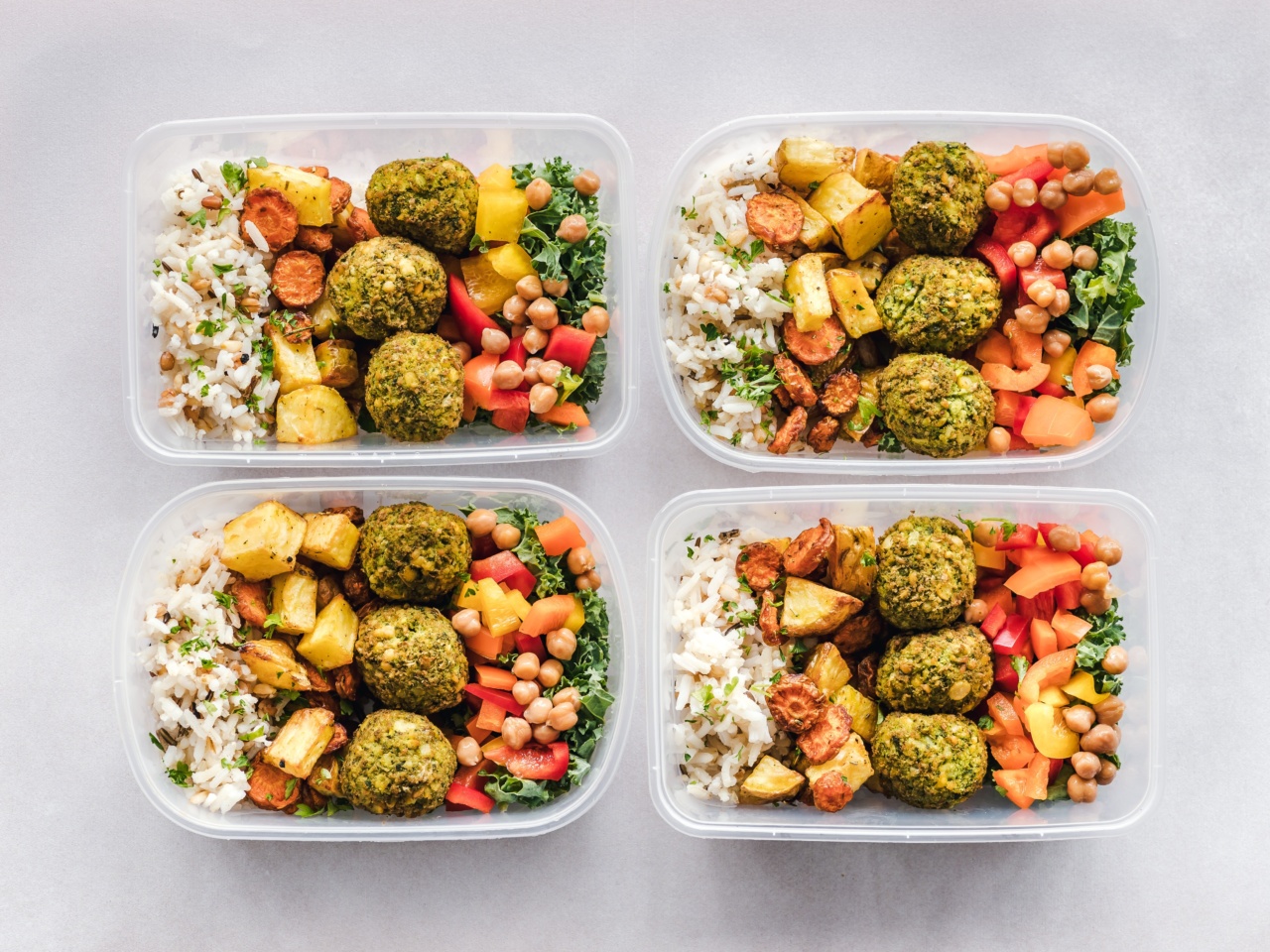Acne is a common skin condition that affects millions of people worldwide. While there are several factors that can contribute to acne development, such as hormones, genetics, and stress, diet also plays a significant role.
What you eat can have a direct impact on your skin’s health and overall appearance. By incorporating specific foods and ingredients into your diet, you can help reduce acne breakouts and promote clearer, healthier skin. Here are ten acne-fighting foods and ingredients to add to your daily menu:.
1. Fatty Fish
Fatty fish, such as salmon, mackerel, and sardines, are rich in omega-3 fatty acids. These healthy fats have anti-inflammatory properties that can help reduce acne-related inflammation.
Omega-3s also promote skin elasticity and hydration, improving overall skin health. Including fatty fish in your diet at least twice a week can provide significant benefits for acne-prone skin.
2. Leafy Greens
Leafy greens like spinach, kale, and broccoli are packed with essential vitamins and minerals that support healthy skin.
They are excellent sources of antioxidants, including vitamin C and beta-carotene, which help fight free radicals and promote skin healing. Additionally, the fiber content in leafy greens aids in digestion, preventing toxins from building up in the body that may contribute to acne.
3. Probiotics
Probiotics, commonly found in fermented foods like yogurt, kefir, and sauerkraut, are beneficial bacteria that promote a healthy gut microbiome.
A balanced gut flora helps reduce inflammation and improves overall immune function, which can indirectly benefit the skin by reducing acne breakouts. Adding probiotic-rich foods to your diet can restore the natural balance of bacteria in your digestive system and potentially improve your skin’s appearance.
4. Green Tea
Green tea is a popular beverage known for its numerous health benefits, including its potential to prevent and treat acne.
Green tea contains antioxidants called catechins, which have been shown to reduce sebum production and inflammation, two primary factors in acne development. Drinking a few cups of green tea daily can help improve overall skin health and reduce breakouts.
5. Turmeric
Turmeric is a vibrant yellow spice commonly used in cooking but also offers various skin benefits. Curcumin, the main active compound in turmeric, has potent anti-inflammatory and antioxidant properties.
These properties can help soothe inflamed skin and promote healing, reducing the severity of acne breakouts. Consider incorporating turmeric into your meals or even consuming it as a supplement to reap its potential acne-fighting benefits.
6. Berries
Berries, such as strawberries, blueberries, and blackberries, are excellent sources of antioxidants and vitamins.
The high antioxidant content helps protect the skin from oxidative stress and damage caused by free radicals, both of which can contribute to acne development. Additionally, berries are rich in fiber, which aids digestion and helps eliminate toxins from the body that may affect the skin.
7. Avocado
Avocado is a nutritious fruit that provides healthy fats, vitamins, and minerals essential for optimal skin health. The monounsaturated fats in avocado help keep the skin moisturized and flexible, reducing dryness and potential acne flare-ups.
Additionally, avocados contain vitamin E, which may help protect the skin from oxidative stress and promote skin healing.
8. Whole Grains
Switching to whole grains, such as brown rice, quinoa, and whole wheat bread, can offer numerous benefits for acne-prone skin. Unlike refined grains, whole grains have a lower glycemic index, meaning they release sugar into the bloodstream more slowly.
This slower release helps maintain steady blood sugar levels, preventing insulin spikes that can contribute to acne breakouts. Additionally, whole grains provide essential nutrients like zinc and selenium, which are involved in skin healing and reducing inflammation.
9. Garlic
Garlic has been used for centuries for its medicinal properties, including its potential to improve skin health.
It contains a compound called allicin that exhibits antibacterial and anti-inflammatory effects, which may help reduce acne-causing bacteria on the skin. Adding garlic to your meals can provide these benefits and potentially aid in managing acne breakouts.
10. Water
While not a specific food or ingredient, staying adequately hydrated is crucial for overall skin health. Water helps flush out toxins from the body, preventing them from building up and potentially affecting the skin.
It also promotes proper digestion and circulation, essential for delivering nutrients to the skin cells. Make sure to drink enough water throughout the day to support clear, hydrated skin.
Conclusion
Incorporating these ten acne-fighting foods and ingredients into your diet can provide significant benefits for your skin. Remember that while diet plays a role in managing acne, it is not a standalone solution.
It is essential to follow a comprehensive skincare routine and consult a dermatologist for personalized advice. By nourishing your body with the right nutrients, you can help reduce acne breakouts and achieve clearer, healthier skin.






























